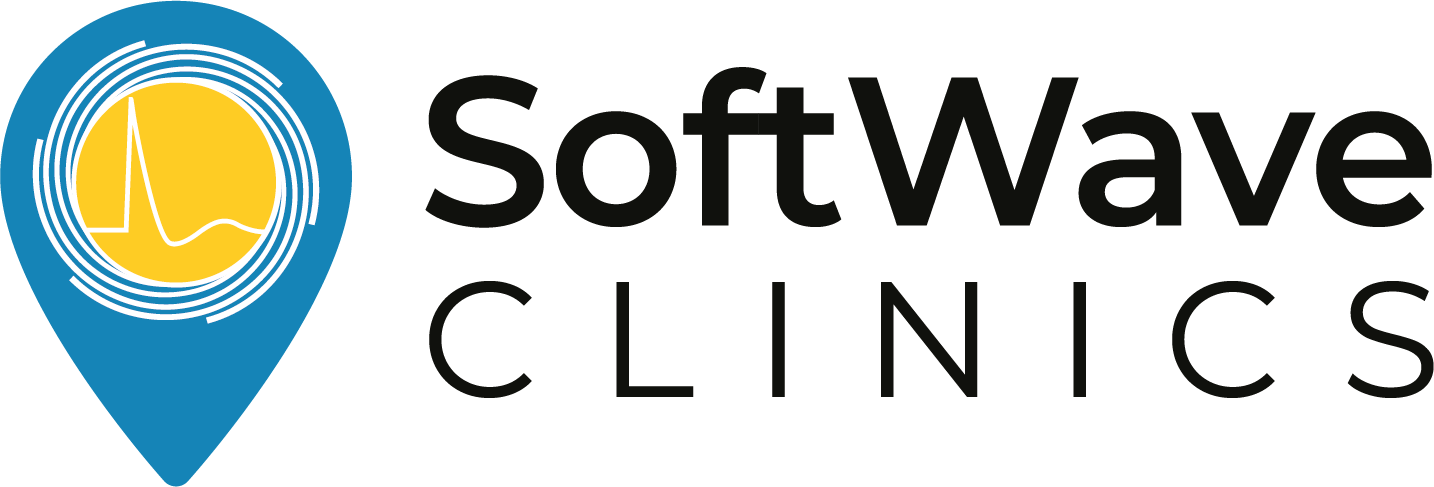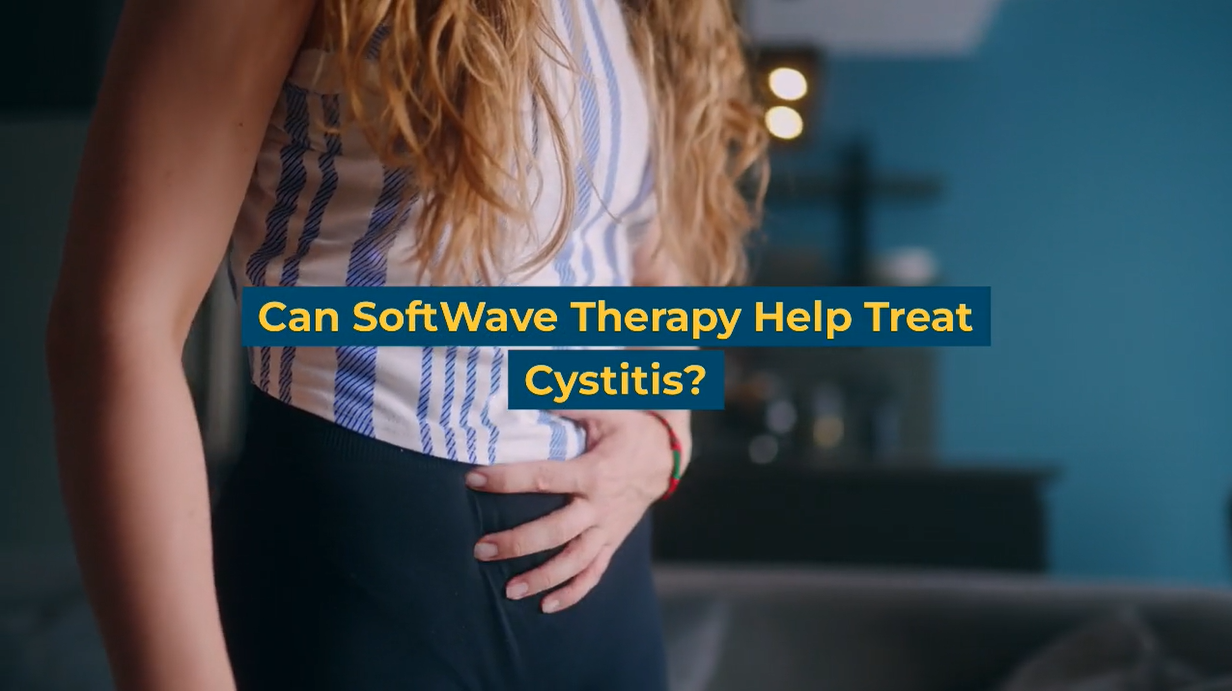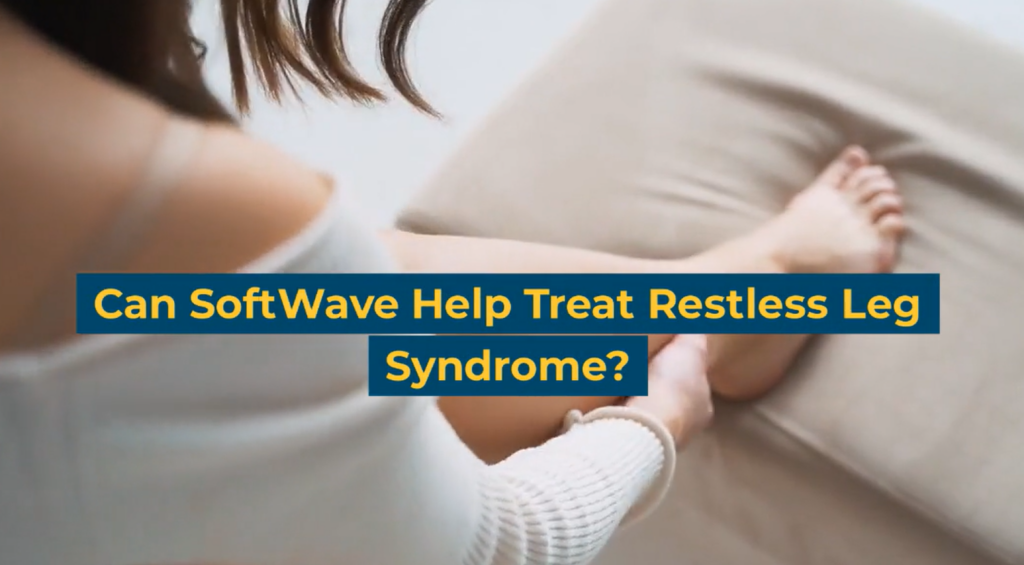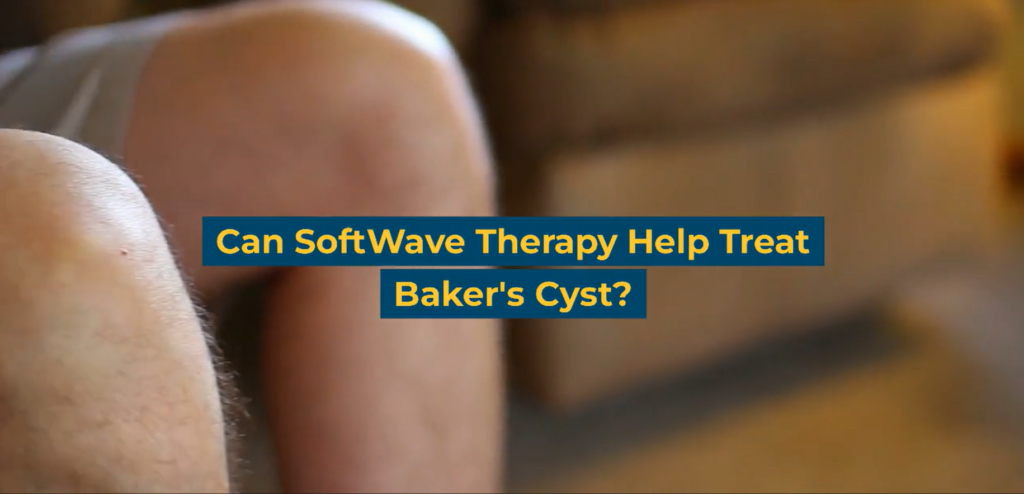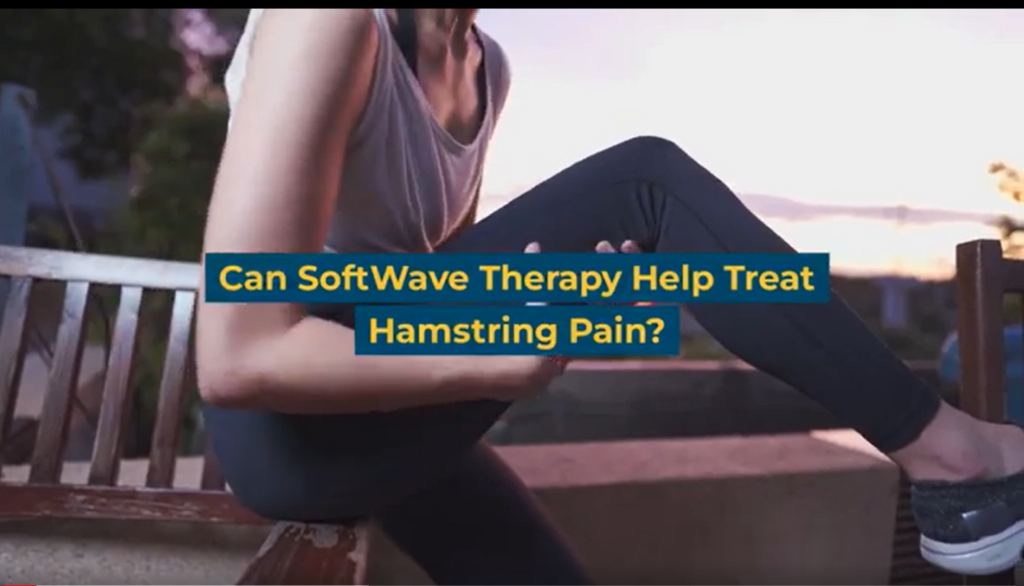Can SoftWave Therapy Help Treat Cystitis?
Living with cystitis can be an incredibly challenging and debilitating experience. The persistent discomfort and pain associated with this condition can disrupt daily life and significantly impact one’s overall quality of life. Thankfully, there is a ray of hope in the form of SoftWave therapy. This innovative, non-invasive treatment offers a promising solution for long-lasting relief from cystitis symptoms. By reducing inflammation and providing effective symptom management, SoftWave therapy has the potential to significantly improve the quality of life for those affected by cystitis.
New Patient Special
Try SoftWave for just $69 at a clinic near you and learn if you’re a candidate for full treatment
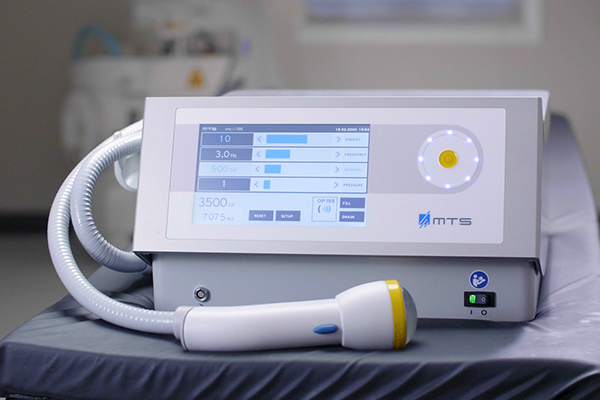
Understanding Cystitis: Causes & Symptoms
Cystitis, the inflammation of the bladder, can cause a range of distressing symptoms. It is commonly caused by bacterial infection, although non-infectious factors such as interstitial cystitis and radiation therapy can also contribute. Symptoms of cystitis include frequent and urgent urination, pain or discomfort in the pelvic area, and a persistent urge to urinate. Risk factors for developing cystitis include female gender, sexual activity, and certain medical conditions such as diabetes.
Conventionally, treatment options for cystitis have focused on antibiotics and pain management. While these approaches can provide temporary relief, they often fail to address the underlying causes and may lead to recurring episodes. This is where SoftWave therapy offers a new perspective and potential solution.
Introducing SoftWave Therapy for Cystitis: What is SoftWave Therapy?
SoftWave therapy is a treatment that utilizes sound waves to stimulate the body’s natural healing process. This non-invasive procedure delivers low-intensity, broad-focused shockwaves to targeted areas, promoting tissue regeneration and increased blood flow. SoftWave therapy has gained recognition for its effectiveness in various medical conditions, including musculoskeletal disorders, neuropathy, and wound healing.
When treating cystitis, SoftWave therapy stimulates the release of growth factors and promotes the formation of new blood vessels, aiding in the restoration of healthy bladder tissue. By helping manage cystitis symptoms, SoftWave therapy offers the potential for long-term relief and a better quality of life.
The Potential Benefits of SoftWave Therapy for Cystitis
SoftWave therapy holds several potential benefits for individuals with cystitis. Firstly, it promotes tissue regeneration and reduces inflammation, leading to a decrease in pain and discomfort, allowing individuals to regain control of their daily lives. Additionally, SoftWave therapy offers a non-invasive alternative to conventional treatments, eliminating the need for antibiotics and their potential side effects.
Furthermore, compared to other treatment options, SoftWave therapy has shown promising results in clinical studies. For instance, a study that explored the use of low-energy extracorporeal shock wave therapy for interstitial cystitis/bladder pain syndrome suggests that shockwave therapy can lead to significant improvements in symptom severity, urinary frequency, and overall quality of life for cystitis patients.
Considerations Before Undergoing SoftWave Therapy
Before undergoing SoftWave therapy for cystitis, it is important to consider several factors that may influence its efficacy. While SoftWave therapy shows positive outcomes in treating cystitis, it is crucial to recognize that some types of cystitis like interstitial cystitis may require further examination. Treating the bladder alone with shockwave therapy may not always improve symptoms, as there could be other underlying factors such as dietary triggers, Tarlov cysts, pudendal nerve issues, or pelvic floor dysfunction.
It is important to approach cystitis treatment holistically, considering all potential factors contributing to the condition. SoftWave therapy can be a valuable component of the treatment plan, but it should be accompanied by a thorough evaluation of individual needs. By consulting with healthcare professionals, patients can determine the most appropriate approach to managing their cystitis, which may involve addressing dietary triggers, assessing pelvic floor health, and exploring potential underlying causes in addition to considering SoftWave therapy.
Patient Experiences and Testimonials
Real-life stories of individuals who have undergone SoftWave therapy for cystitis highlight its potential and effectiveness. Take Mary, for example. Mary experienced a life-altering improvement after her SoftWave therapy sessions. She shared, “I noticed after my first session almost immediately, I have I’d say 50% relief from my cystitis…even from my hips I had less pain, and I usually have considerable pain from my hips.”
Her experience demonstrates the transformative power of SoftWave therapy, offering not only relief from cystitis but also improved mobility and a renewed sense of freedom.
Start Pain-Free Living With SoftWave Therapy Today
SoftWave therapy offers hope for individuals seeking effective relief from cystitis. While it is important to consult healthcare professionals for personalized advice, considering SoftWave therapy as an alternative or complementary treatment option may be the treatment you are looking for. Contact us today to find a clinic near you that offers SoftWave therapy and take the first step towards a pain-free life.
Disclaimer: The information provided in this blog is for educational and informational purposes only and is not intended as a substitute for professional medical advice, diagnosis, or treatment. The content provided in this blog should not be used to diagnose or treat any health problems or illnesses. Always consult with a qualified healthcare professional before making any changes to your healthcare routine or treatment plan.
